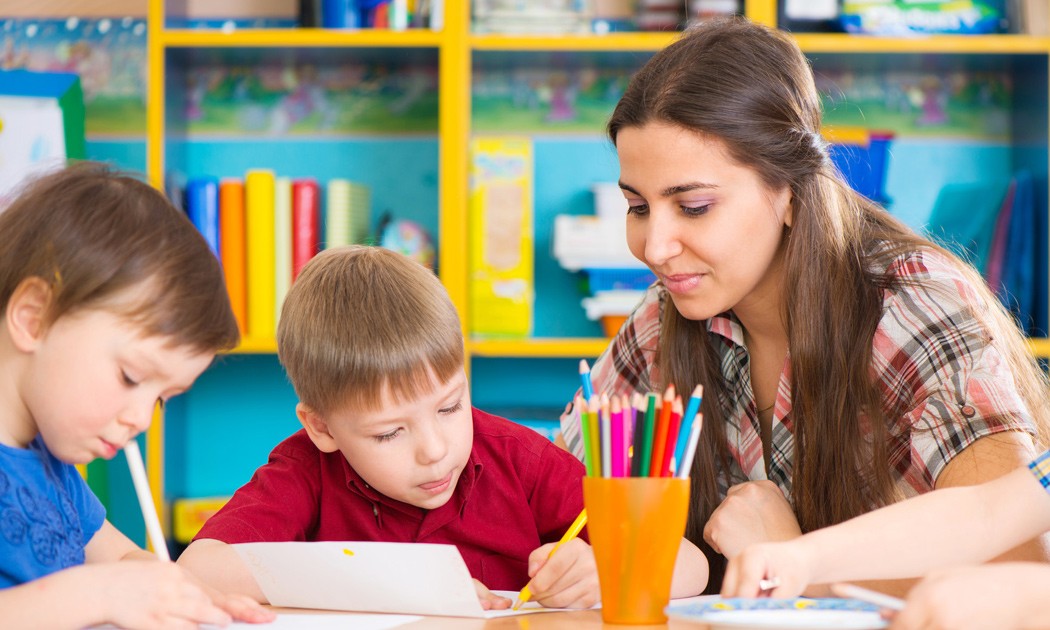Praise is a powerful tool that we have at our fingertips but it is often overlooked when it comes to managing children’s behaviour. Over the next month, in our series of blogs, we are going to look at how praise can be used to both motivate children, as well as modify their behaviour.
We all need to be motivated to get things done and achieve our goals and children can be motivated by praise. However, we want the motivation to become intrinsic, so that their behaviour is not dependent on receiving praise. You will see in our blog about Growth Mindset how self-praise, as well as process praise, is vital for building children’s self-motivation and capacity to persevere in the face of adversity.
WHAT IS THE ATTENTION RULE?
Children strive for attention – particularly from a significant adult like a parent/carer or teacher – and if they are not getting attention for doing the right thing, they will often resort to doing the wrong thing; especially if they’ve learned that it is a sure-fire wire to get attention, fast.
By paying attention to negative behaviours we are often inadvertently reinforcing them because, after all, what you give attention to is what you will get more of! (We call this ‘the Attention Rule’.) AND, negative attention is better than no attention.
HOW DOES IT WORK?
This principle is based on the Behaviourist Approach to behaviour, which states that behaviour is learned and can be modified by the response a given behaviour receives. This learning process begins very early in life – a baby quickly learns that if he is hungry and cries he gets fed, if he has a dirty nappy and cries he gets changed, if he is cold and cries he gets wrapped in a blanket, or better still, cuddled!
Unfortunately, the opposite is also true. When babies in Romanian orphanages received no attention when they cried, they fell silent. There was no one around to nurture them, so the crying response was gradually extinguished.
So, we can change a child’s behaviour just by altering our response to it – this is known as behaviour modification. Praise is a simple, yet powerful way that we can do this.
WHY IS PRAISE IMPORTANT?
Effective praise also helps to increase children’s self-esteem and boosts their confidence, as well as helps you to develop a positive relationship with them.
Furthermore, brain studies suggest that praise can influence the development of a child’s brain structure; both the grey matter in the area responsible for developing empathy, as well as the region of the cortex connected to the amygdala, which is responsible for emotional regulation.
By using praise, you can really make a difference in a child’s life.
Follow our series of blogs on praise to see how you – school staff or parents – can use praise most effectively to get the behaviour you want. We will provide you with examples of how best to do it, both in the classroom and at home, as well as things to avoid. We would be keen to hear how you get on, so please leave us your comments!
Leave Your Reply
You must be logged in to post a comment.



